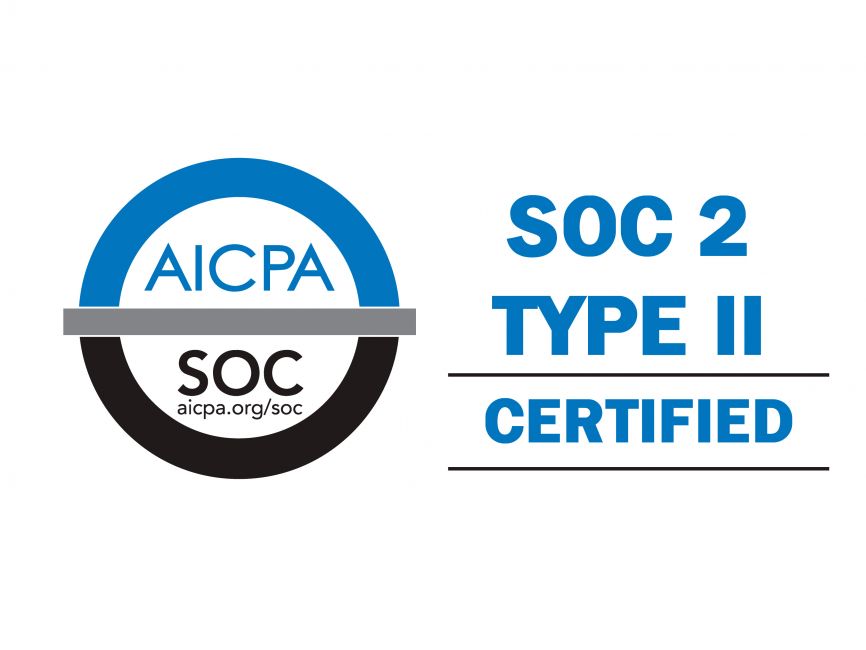Medicare can be confusing, especially for those turning 65. The Medicare benefits experts at American Exchange compiled this list of frequently asked questions to help smooth your transition to Medicare.
Q1: Do I have to take Social Security to enroll in Medicare?
No, you don’t have to take your Social Security or Railroad Retirement Board benefit to enroll in Medicare. You can sign up for Medicare at 65 as long as you are a U.S. citizen or lawful permanent resident.
Most people don’t pay premiums for Medicare Part A, but you do have to pay monthly premiums if you enroll in Medicare Part B and Medicare Part D, the prescription drug benefit. If you don’t take your Social Security or Railroad Retirement Board benefits when you enroll in Medicare, you will receive a Notice of Medicare Premium Payment Due (CMS-500 Form). The table below shows the payment details. All Medicare bills are due on the 25th of the month.
| If You Pay For: | You Will Get a Bill: |
| Medicare Part A | Every month |
| Medicare Part B | Every 3 months |
| Medicare Part D income-related monthly adjustment amount | Every month |
Click the link to view or download a sample Medicare Premium bill. The bill lists the dates you’re paying for. Your bill may also include premiums for past months if:
- You’re getting your first bill
- You missed a payment
- Your premium amount changed
To pay your bill, you can:
- Log into or create your secure Medicare account
- Sign up for Medicare Easy Pay
- Check if your bank offers an online bill payment service to pay electronically from your savings or checking account
- Mail your payment by check, money order, credit card, or debit card
- You must mail the payment coupon to ensure payment is applied to your account. Medicare can’t process your payment on time without the coupon
- If you don’t have your payment coupon, write your Medicare Number on the check or money order
Railroad Retirement Board
If you get your bill from the Railroad Retirement Board, mail your premium payments to the Railroad Retirement Board. If you have questions, call the Board at 1.877.772.5772.
Mail your premiums to:
RRB, Medicare Premium Payments
P.O. Box 979024
St. Louis, MO 63197-9000
Q2: Will I be penalized if I keep my group benefits instead of enrolling in Medicare when I turn 65?
This is an important question because if you don’t get it right, you could have gaps in coverage and have to pay lifetime late enrollment penalties. The answer is complicated and depends on how you are covered now.
There are different rules if your health insurance is provided by:
- Your or your spouse’ current employer and whether or not the employer has 20 or more employees and offers a health savings account (HSA)
- A former employer or union, including a retirement or COBRA plan
- TRICARE or CHAMPVA and whether or not you qualify for premium-free Medicare Part A
For most people, you can delay taking Medicare:
- Part A: If you qualify for premium-free Part A, you should enroll in Part A when you turn 65. But if you have to pay a premium for Part A, you can delay Part A until you or your spouse stops working or loses employer coverage.
- Part B: You can delay Part B until you or your spouse stops working or loses that employer coverage. You save money by not paying the Part B premium and postpone your one-time “Medigap open enrollment period” until a later time, when you may want to purchase a Medigap plan.
Plan ahead and enroll in Part B at least 3 months before you stop working or your employer coverage ends, so you don’t have a gap in coverage or face penalties. Since this is a complicated issue, you may want to speak to a Medicare benefits expert. Experts, like those at American Exchange can not only help you avoid gaps in coverage and penalties, but can also help you compare costs between retiree plans and a Medicare plan.
Q3: Should I keep my group to cover my spouse, who is not yet 65?
You have two choices. The best choice depends on your situation:
- You can enroll in Medicare and, assuming your spouse can’t get employer coverage, they could purchase an Affordable Care Act (ACA) marketplace plan
- If your spouse is younger and won’t be eligible for Medicare soon, it may be best to keep your group coverage
Speaking to a Medicare benefits enrollment expert could help you find the best option for you and your spouse’s health and financial needs.
Additional Medicare Resources
- Confused by All the Medicare Coverage Options? blog
- 7 Reasons to Review Your Medicare Coverage During Annual Enrollment blog
- Medicare Special Needs Plans Offer Targeted Benefits blog
- Medicare Basics Flyer
- Health Insurance Terms Flyer
American Exchange’s Medicare Experts
American Exchange has licensed Medicare experts available to answer your enrollment questions and help find a plan that fits your needs. Call us at 888.995.1674 or schedule an appointment today.
1.888.995.1674 americanexchange.com
Medicare Experts Available to Help You
Our Medicare experts are available to speak with you:
Monday through Friday from 8:00 a.m. to 5:00 p.m.
Medicare Disclaimer: We do not offer every plan available in your area. Any information we provide is limited to those plans we do offer in your area. Please contact Medicare.gov or 1-800-MEDICARE to get information on all of your options.
American Exchange is a licensed health insurance broker. Robert Huffaker, NPN 13568432

